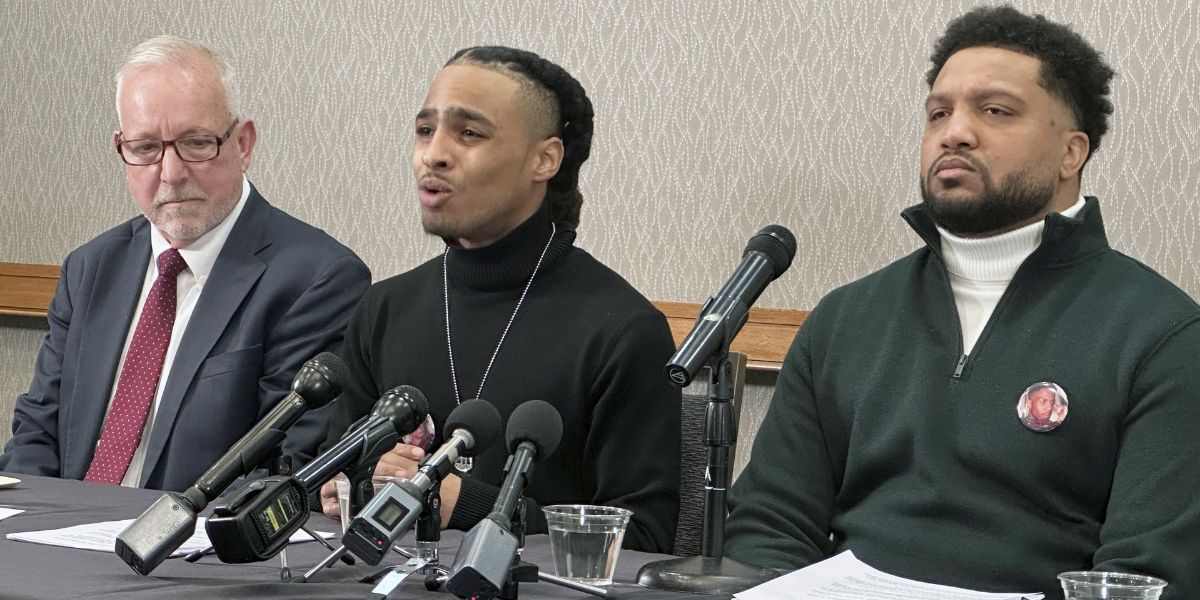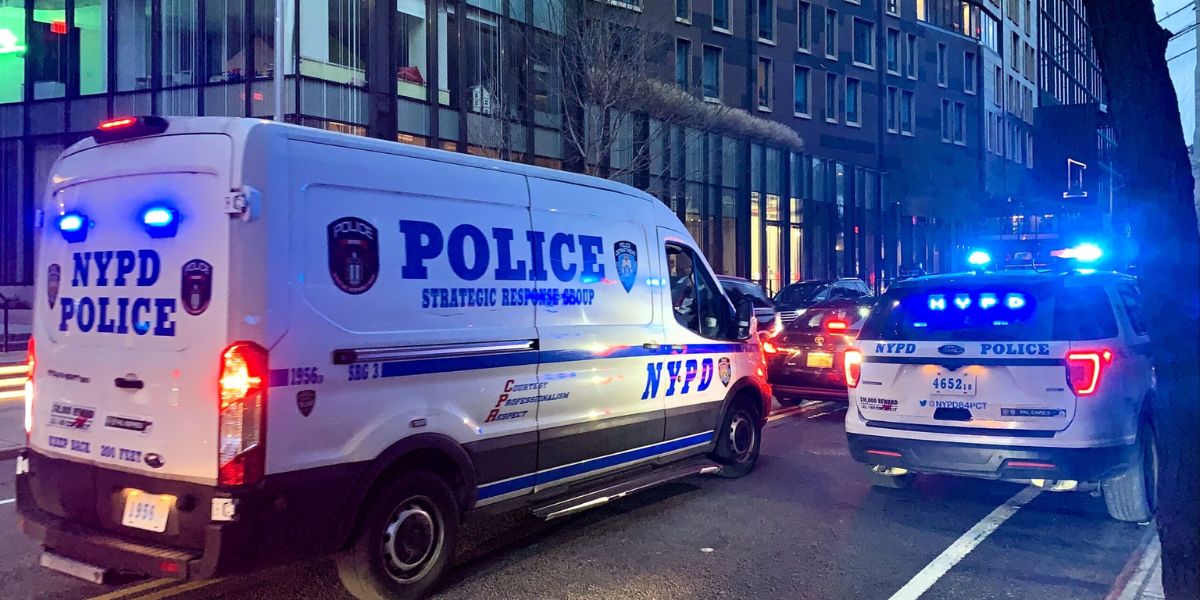Pat Johnson’s story underscores the severe implications of Illinois’ “theory of accountability” law, which allows individuals to be charged for crimes committed by others if they assisted in any way. This law has particularly dire consequences for victims of intimate partner violence, such as Johnson, who has been incarcerated since 1993 for murders committed by her abusive partner, Rey Travieso.
Johnson’s relationship with Travieso began when she was 17 and he was 35. Over the years, his abuse escalated from controlling behavior to severe physical violence. Despite her fear and the control Travieso exerted over her, Johnson was implicated in his crimes. In 1992, Travieso murdered his business partner Juan Hernandez, Hernandez’s wife Olga, and their baby. Johnson, under duress, assisted in minor ways and was subsequently charged with murder under the accountability theory.
At her trial, Johnson recounted the abuse she endured, presenting evidence of her injuries. Despite this, the jury found her guilty, influenced by the brutal nature of the crime scene and the perceived support she provided to Travieso. One juror, who grew up in a violent household, understood Johnson’s fear but felt bound to follow the law.
The Marshall Project found nearly 100 people nationwide, like Johnson, who were convicted for assisting their abusers in committing crimes. Illinois attorney Rachel White-Domain, who represents Johnson through the Illinois Prison Project, noted that many cases involve victims of domestic violence who were coerced into assisting in crimes. These cases often receive less public sympathy than self-defense cases.
Illinois has attempted to address this issue. In 2015, the state passed a law allowing individuals to apply for resentencing if their crimes were connected to abuse. However, this law has had limited impact due to its narrow scope and lack of provisions allowing judges to bypass mandatory minimum sentences. Johnson’s petition for clemency was recently denied by Governor J.B. Pritzker, but she remains eligible to reapply later this year.
Also Read:
- Chicago Man Arrested for Armed Robbery in Elmhurst, Attempts Escape Disguised as Woman
- Chicago Man Sentenced to Life for Brutal Family Murders
If released, Johnson, now 55 and in poor health, has family members prepared to support her. Despite her long incarceration and the trauma inflicted by Travieso, she has found solace in her faith and continues to hope for justice and freedom. This story highlights the urgent need for legal reforms to protect victims of domestic violence from unjust prosecution and severe sentences.






